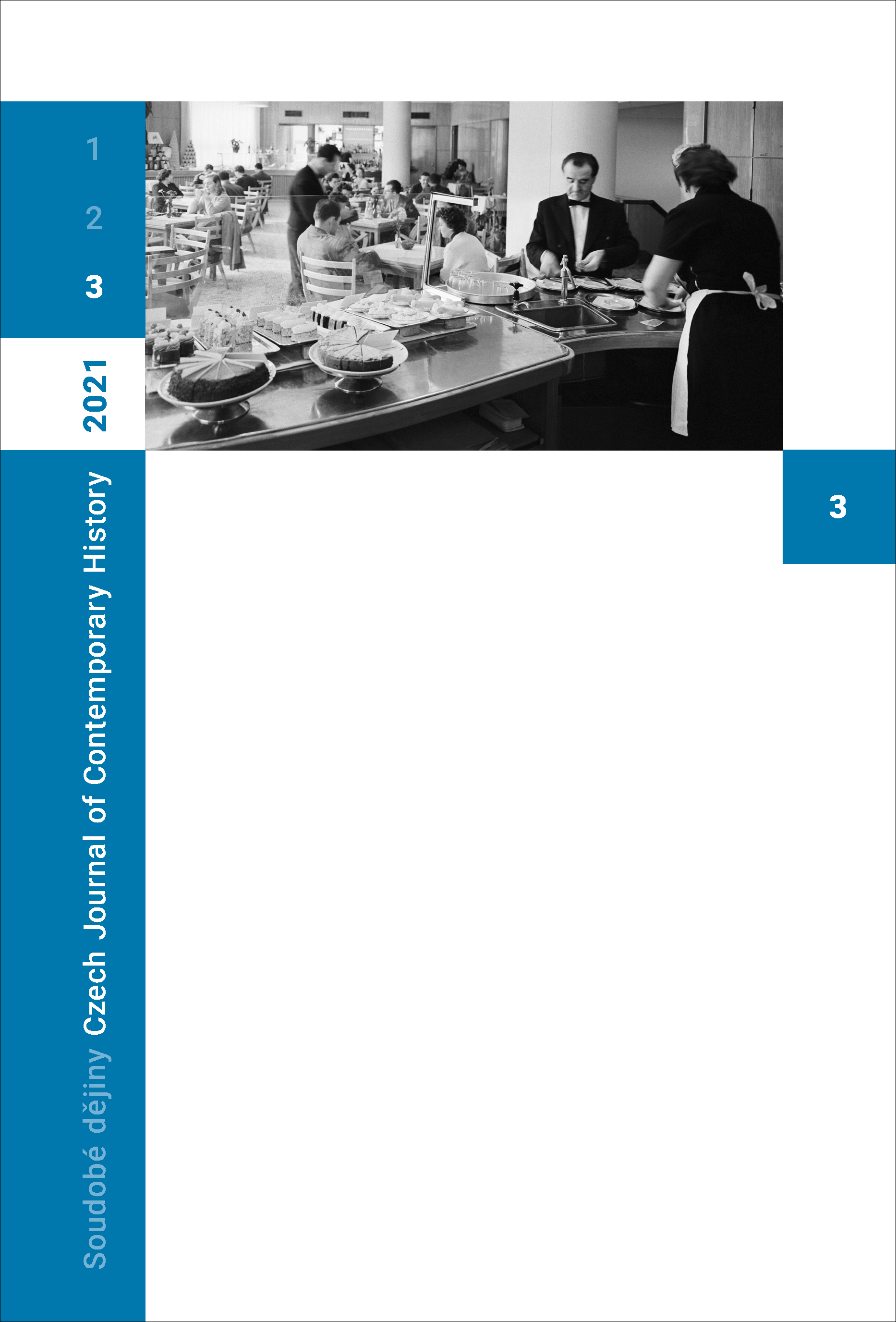Anglo-Czech Relations and the Munich Crisis
Anglo-Czech Relations and the Munich Crisis
Author(s): Peter NevilleSubject(s): History, Diplomatic history, Interwar Period (1920 - 1939)
Published by: AV ČR - Akademie věd České republiky - Ústav pro soudobé dějiny
Keywords: Anglo-Czech relations;Czechoslovakia;Great Britain;British diplomacy;Munich Agreement 1938;appeasement
Summary/Abstract: The focus of the article is the poor quality of British diplomats in Prague between 1919 and 1939. The article shows this to be a result of a cult of ignorance in the British Diplomatic Service. The Sudetenland German aristocracy was much preferred to Czechs and Slovaks, something which was clearly evident during Lord Runciman’s mediation process in 1938. The inability of diplomats like Basil Newton to profit from periods of service in Berlin, where the true nature of Nazism should have been clear, was evident. The article does also show however, that the czechoslovak government did not always act to its best advantage. Remarks by President Tomáš Masaryk in the 1920s and 1930s seemed to show an unwillingness to assist Poland if the status of the Polish Corridor was threatened. This played into the hands of British statesmen such as Sir Austen Chamberlain, who wished to avoid any commitment to the post-World War I settlement in Central and Eastern Europe. He limited territorial guarantees to Western Europe at Locarno in 1925 and, as the article points out, the growing rift between London and Prague was demonstrated by the British refusal to send a delegation for Masaryk’s eightieth birthday celebration. The British animosity towards Masaryk’s successor, President Edvard Beneš, a theme of the article. Munich is therefore analysed in the context of a lengthy period between 1919 and 1938, when British statesmen and diplomats showed overt sympathy for minority German, Magyar and Polish groupings in the Czechoslovak Republic. Beneš and his government were also regarded as too pro-French, and too pro-Soviet. A major sub-theme is the extent to which Britain could or should have given military assistance to Czechoslovakia in September 1938. Neville Chamberlain appears as a prime minister who understood military realities, having received advice from his generals which was pessimistic about Czech chances of survival. Finally, the article refutes the suggestion by P. E. Caquet that Britain as a foreign power could be guilty of “treason” in 1938.
Journal: Soudobé Dějiny
- Issue Year: XXVIII/2021
- Issue No: 3
- Page Range: 676-705
- Page Count: 30
- Language: English

